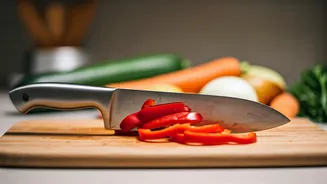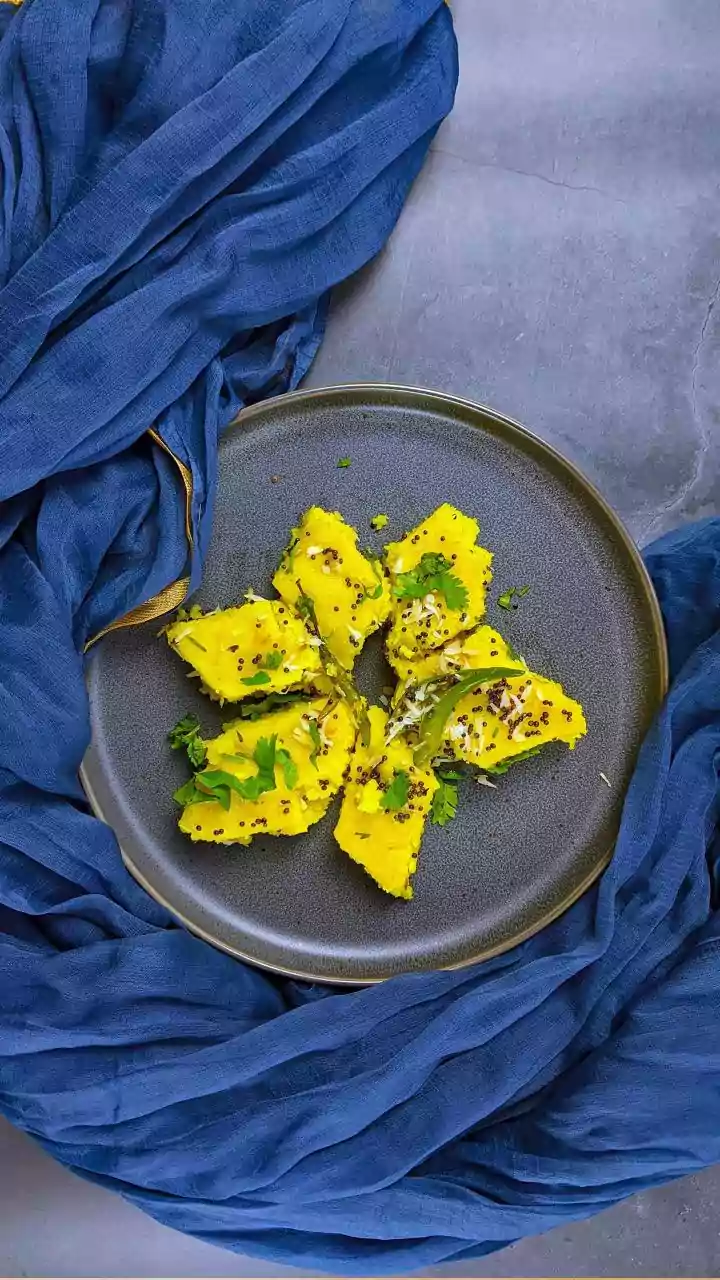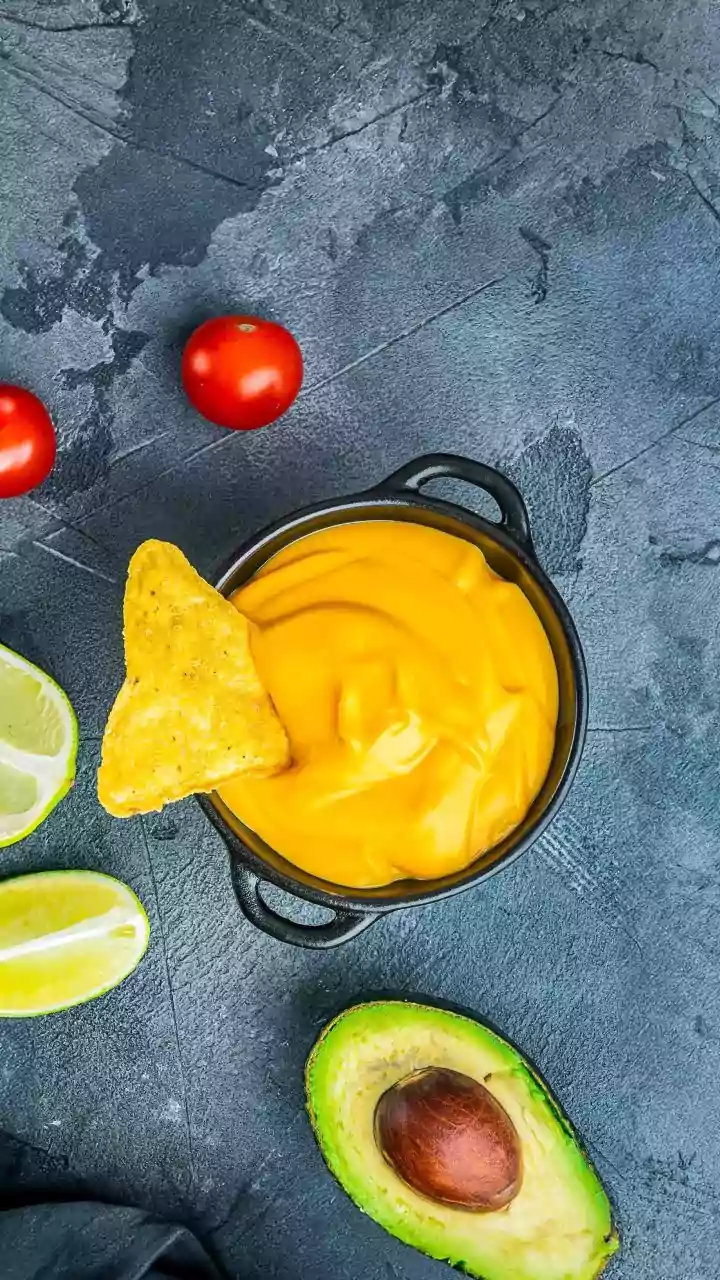Master Chopping Skills
The first essential skill involves mastering chopping techniques. This isn't just about wielding a knife; it's about learning safe practices and developing
precision. Start with simpler tasks like chopping soft fruits such as bananas or peeling and cutting vegetables like cucumbers, ensuring the child always works under supervision. Demonstrate how to hold the knife correctly, emphasizing the 'claw' grip to protect their fingers. Encourage them to practice different cuts, beginning with basic shapes before moving on to more complex methods. Regular practice builds confidence and hand-eye coordination, laying a foundation for future culinary endeavors. It is important to remember safety first: use kid-safe knives when possible, teach them to focus while cutting, and maintain a clean cutting surface. Proper chopping lays the groundwork for creating delicious meals, making it a crucial skill for young chefs.
Embrace Measuring Techniques
Precise measuring is the bedrock of consistent and successful cooking. Introduce children to the concepts of volume and weight using measuring cups and spoons for dry ingredients and liquid measuring cups. Explain how to level off ingredients and the significance of not packing them down unless specified in the recipe. This understanding extends beyond the kitchen, promoting skills in mathematics and problem-solving. Start with simple recipes that require minimal measurements, and as they gain familiarity, introduce more complex recipes that demand more accurate measurements. Encourage them to observe how different measurements affect the outcome of a dish. For instance, baking a cake depends heavily on precise measurement. This hands-on experience enhances their comprehension of ratios and proportions. By mastering measuring, children learn to follow instructions diligently and understand how small variations influence the final outcome. This builds both their technical skills and their confidence in the kitchen.
Prioritize Kitchen Safety
Kitchen safety is paramount and should be the third essential skill to teach young children. Start by establishing rules and guidelines for working in the kitchen, emphasizing the dangers associated with heat, sharp objects, and electrical appliances. Demonstrate how to safely handle knives, ovens, and stovetops, always with close supervision. Teach them about food hygiene, including washing hands, cleaning surfaces, and preventing cross-contamination. Emphasize the importance of wearing oven mitts when handling hot items and keeping a safe distance from the stove. Teach them how to identify and respond to common kitchen emergencies, like minor burns or cuts. Make the kitchen a place where safety is valued as much as cooking. Regular reinforcement of safety practices fosters a sense of responsibility and reduces risks, establishing a culture of mindfulness and caution that becomes second nature. These are essential lessons that will serve children well, whether they pursue cooking as a profession or a hobby.
Practice Basic Cooking Methods
Introduce children to fundamental cooking methods such as boiling, sauteing, and baking. Start with simple, child-friendly recipes like making scrambled eggs, boiling pasta, or baking cookies. Show them how to properly use cookware, understanding the roles of different pots and pans. Teach them about the impact of heat on food, observing how ingredients change during the cooking process. Begin by demonstrating these methods, then gradually allowing the child to participate under close supervision. Emphasize patience, highlighting the importance of waiting for food to cook properly. Encourage them to experiment with simple recipes, letting them add their own touches. Provide clear instructions and guidance, focusing on the basics before exploring more advanced techniques. This experience enables children to experience the joy of creating something delicious from scratch. They develop a practical understanding of how ingredients combine and react to heat. The ability to cook also empowers them to prepare their own meals, promoting independence and confidence.
Cultivate Cleaning Habits
Instilling good cleaning habits is a critical life skill, and it is the last essential skill. Teach children the importance of cleaning as they go, wiping up spills and putting away ingredients after use. Demonstrate how to wash dishes properly, emphasizing the order of operations and the types of soaps needed. Explain the importance of sanitizing countertops, cutting boards, and other surfaces to prevent the spread of germs. Create a designated space for cleaning up, providing them with age-appropriate tools like sponges, cloths, and dish soap. Make cleaning a fun activity by playing music, offering small rewards, or turning it into a game. Stress the significance of maintaining a tidy workspace to make cooking more pleasant and avoid cross-contamination. Encourage them to understand that cleaning up is as much a part of cooking as the recipe itself. These habits help cultivate a sense of responsibility and foster a mindful approach to cooking, as well as developing a respect for both food and the tools used to create it.




















